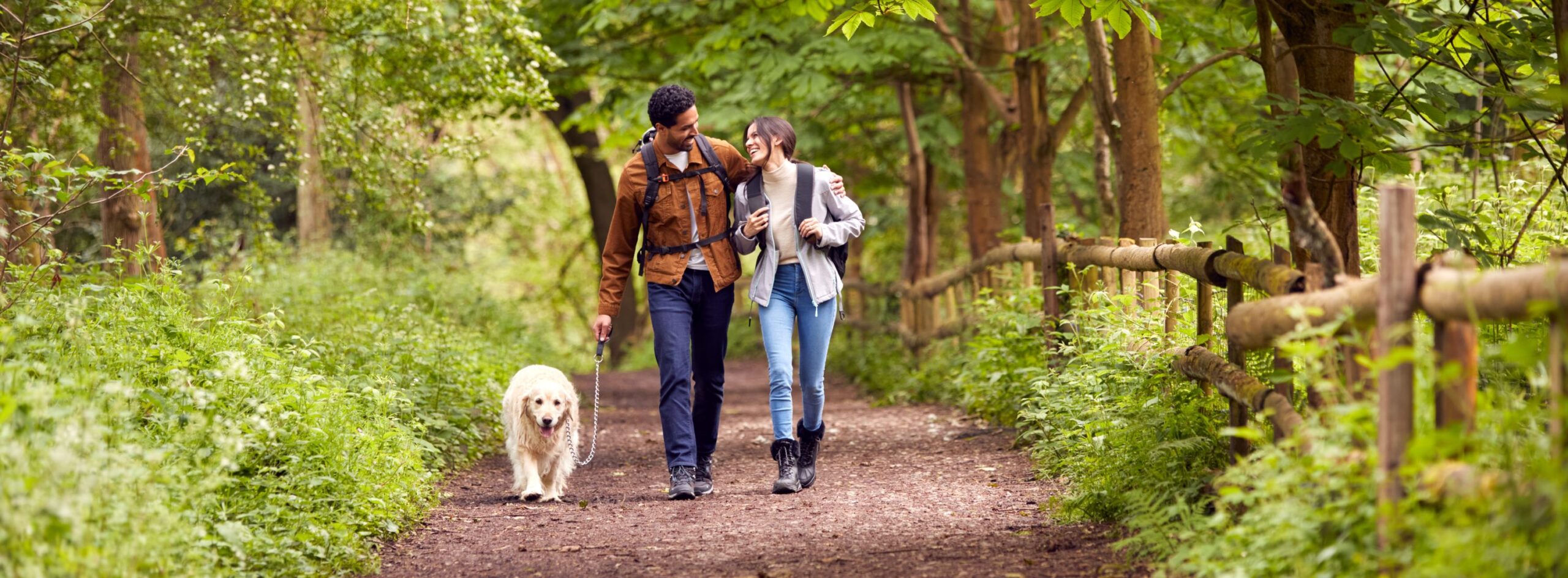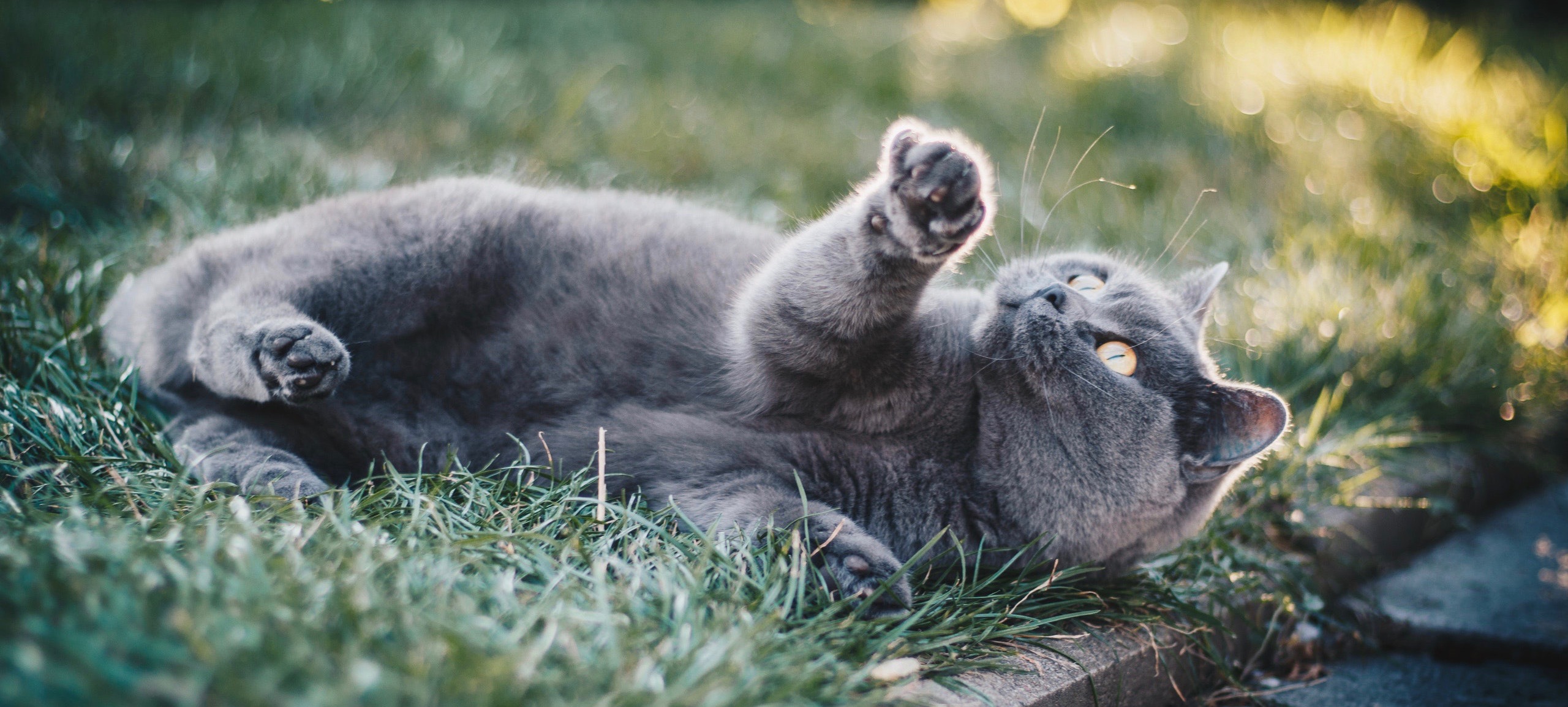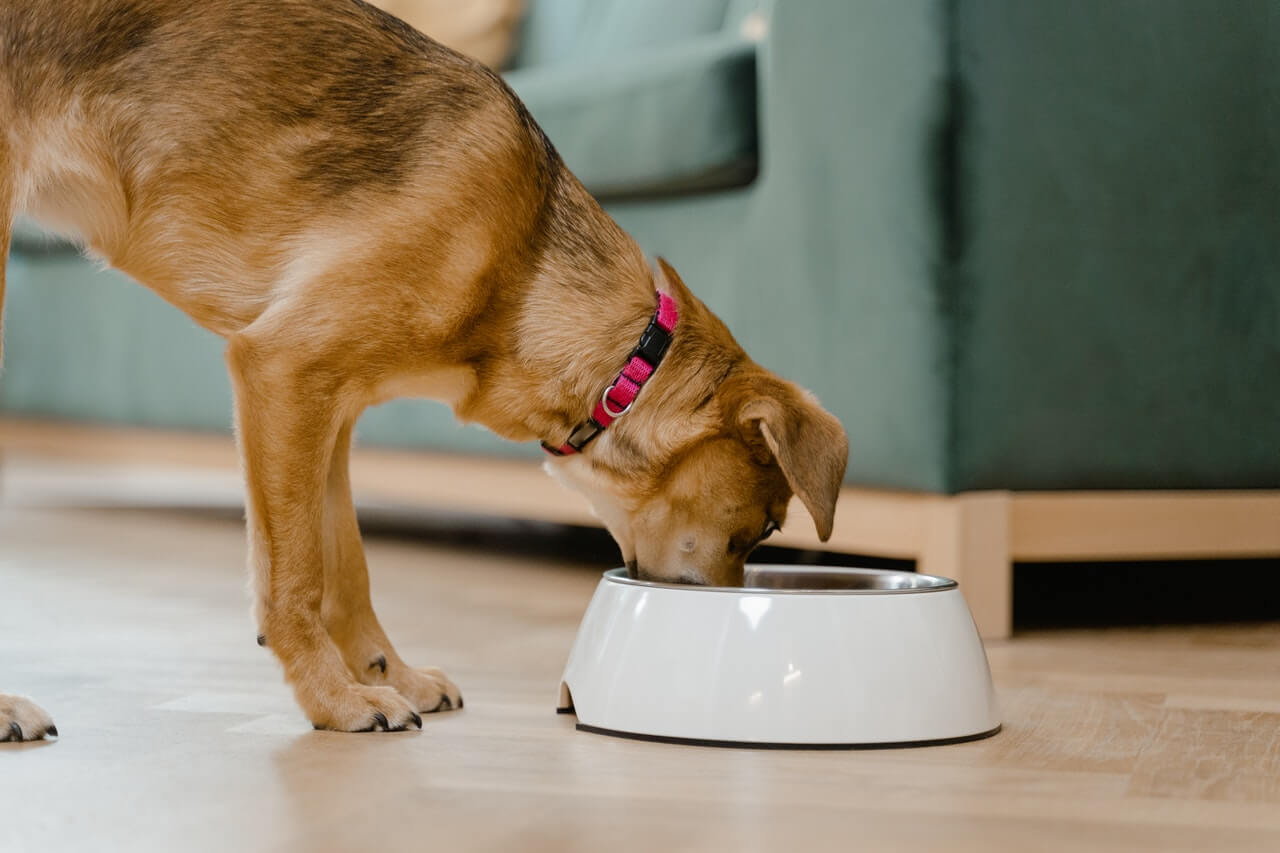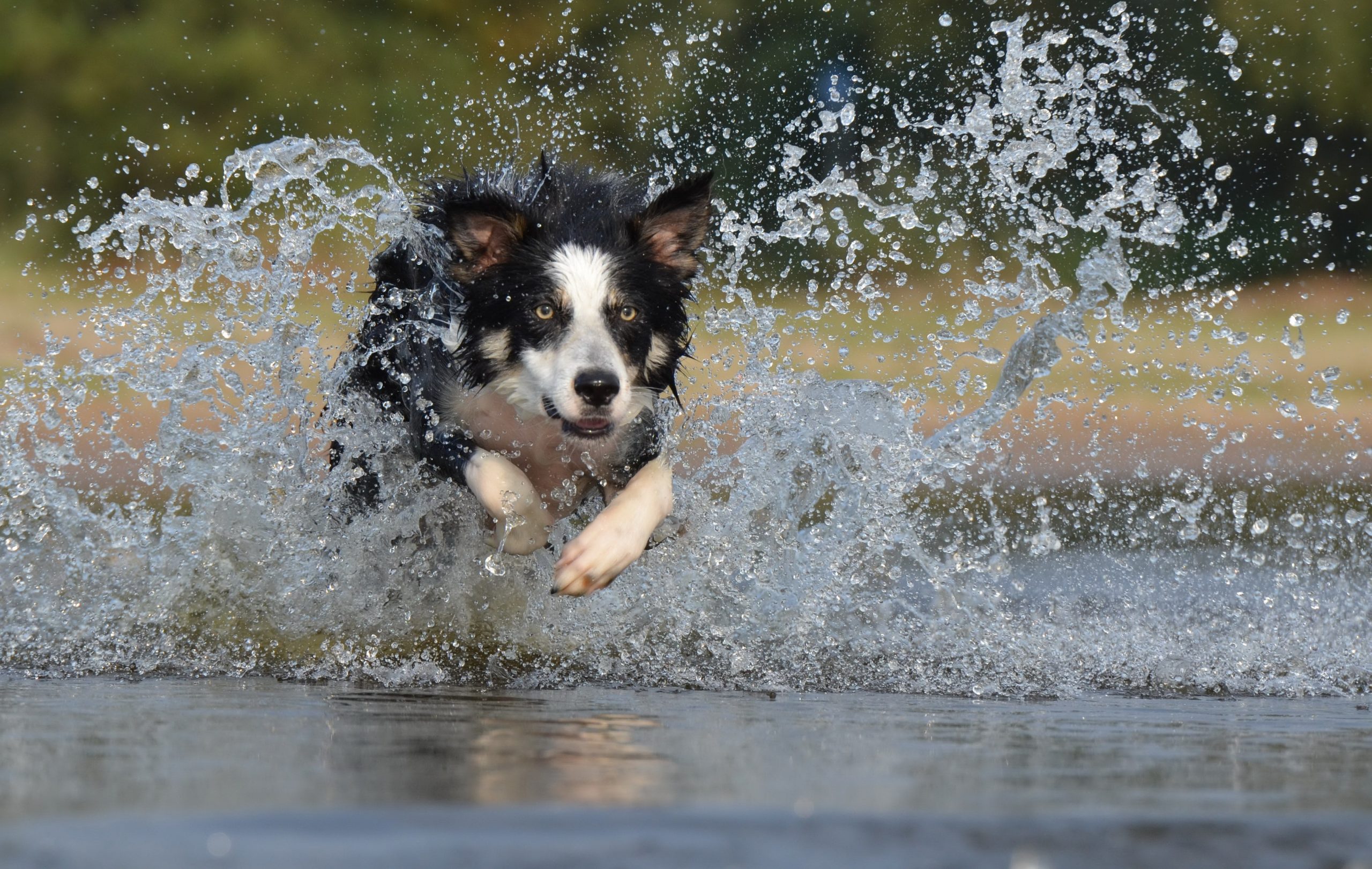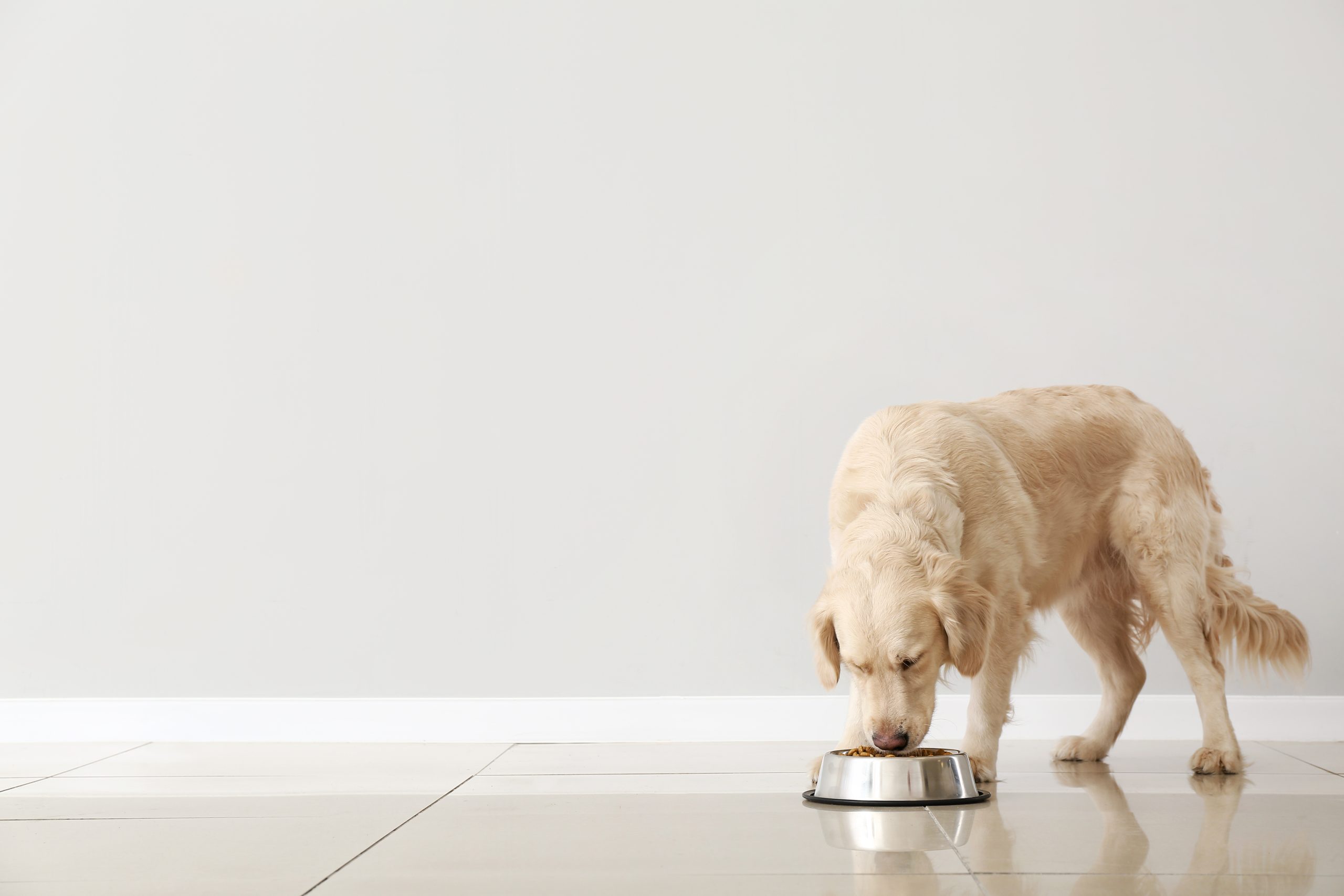The latest from our community
Read our latest news and articles around all things cats and dogs. Plus catch up with our member stories to find out their tips on living with their pets.
- 20% Multi-pet discount
- 24/7 Vet careline
- Claims made easy
- 20% Multi-pet discount
- 24/7 Vet careline
- Claims made easy
Pets can gain weight more easily in winter due to reduced activity and routine changes. Learn how to spot the early signs — and simple, safe ways to keep your dog or cat healthy.
Wondering whether a smart pet feeder is right for you and your pet? Before you buy, we’ve debunked the top 5 myths surrounding smart feeders.
With the growing popularity of raw dogs feeds, it’s important to consider the pros and cons and to consult your vet to ensure the best approach.
While puppies are growing they should not go for long walks or over exercise. Have a look at what you need to know about walking your puppy.
Read our guide on how to keep your dog and cat safe around barbeques this summer season and help ensure you can relax and enjoy the fun!
Is it healthy for cats to drink milk or cream? Read our article to find out more
There are many different pet food options for your cat and dog, whether it’s dry versus wet or specific raw food pet diets. We’ve looked at what to consider so that your pet gets the nutrients they need.
Scratch & Patch’s top tips for exercising your dog, from young puppies to senior dogs
Cats need to be exercised as much as any other pet. Find out everything needed to exercise your cat both indoor and outdoors.
It can be difficult to know what human food is safe to feed your dog as a treat.
We all know that exercise is important but too much of a good thing can be dangerous to our pets. Have a look at how to protect your pets.
We all know the importance of exercise for our pets but are they getting enough mental exercise? Read our tips to exercise your pets mind.






